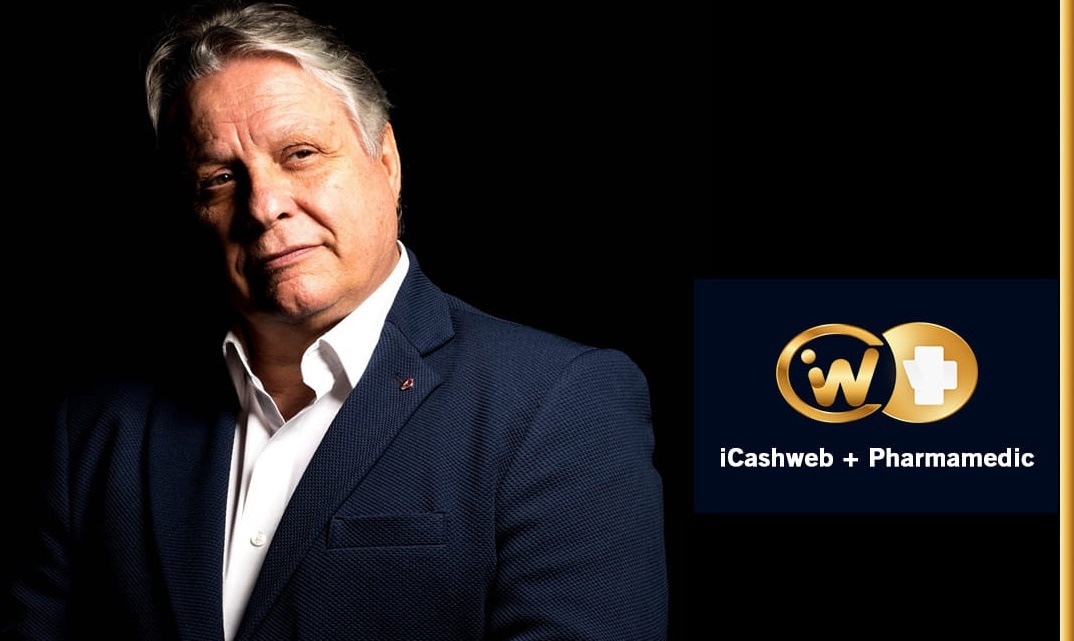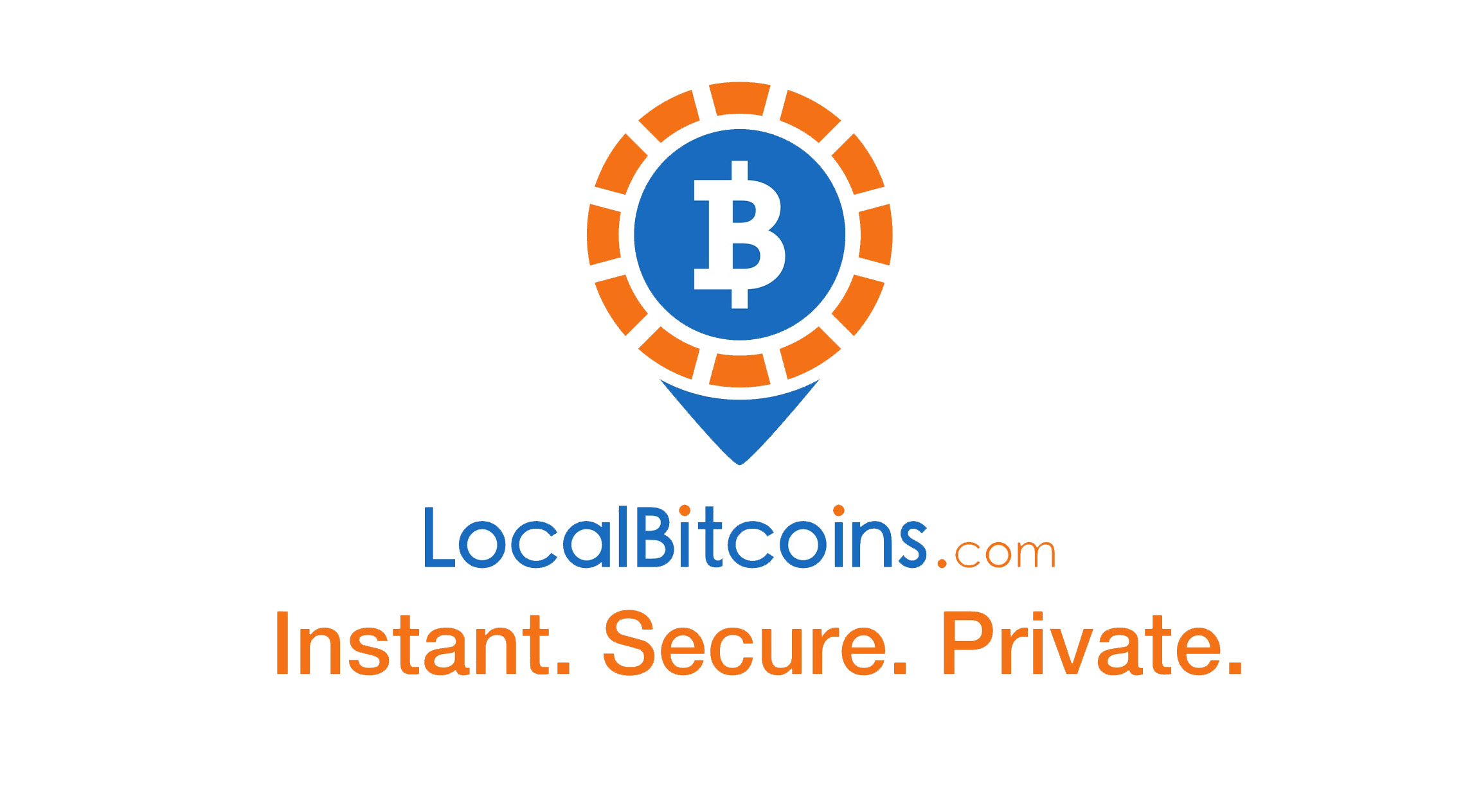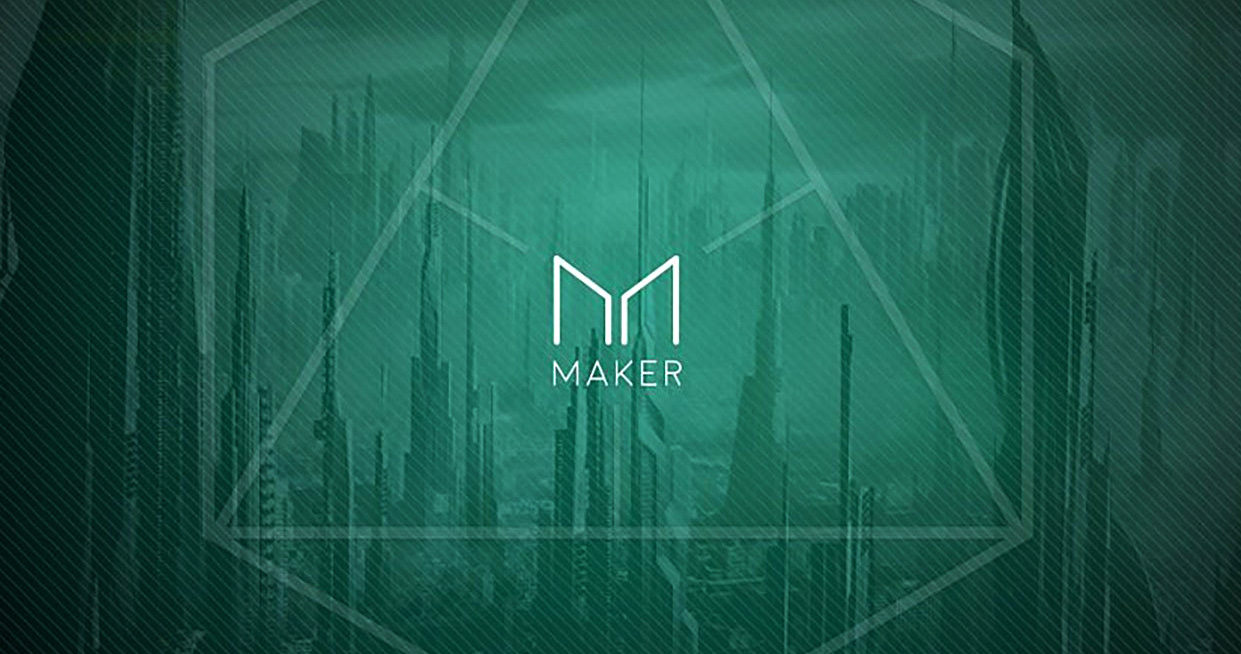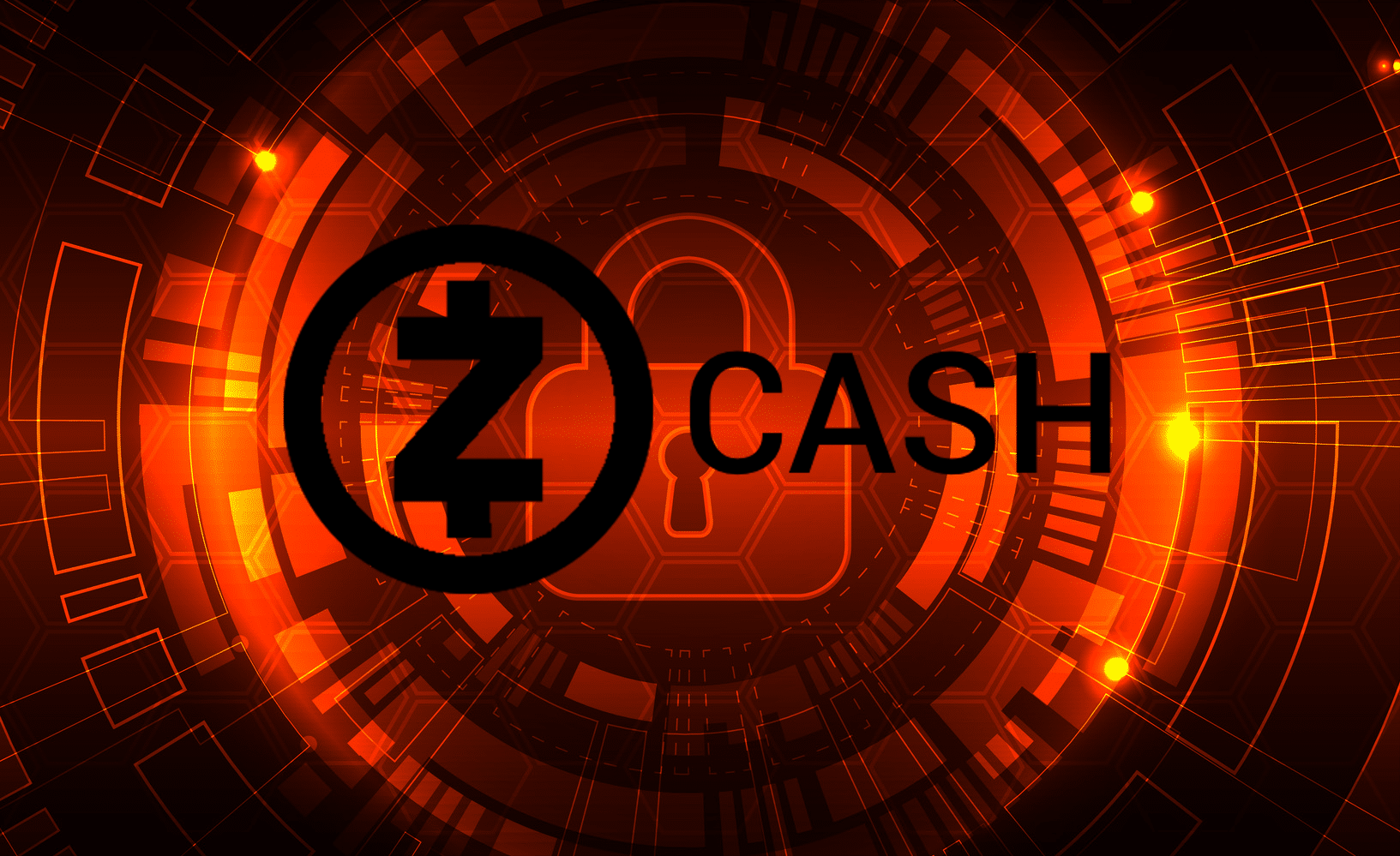[et_pb_section bb_built=”1″][et_pb_row][et_pb_column type=”4_4″][et_pb_text _builder_version=”3.13.1″]
The Bloomberg publication has compared the services of Bitcoin ATMs (BTM) with the marijuana industry and the mafia.
For this, he has contributed a series of data about how an ex-assistant assistant has been hired by the BTM Coinsource ATM network. In what looks like an advertising excerpt from the article, the authors review how this former official is dedicated to verify that ATMs of other manufacturers comply with the anti-money laundering (AML) policies of the country, because the company is “concerned about the future of the industry. ”
In recent years, regulators around the world have been commissioned, in one way or another, to do bitcoin what we might call legal. Thus, in the United States, AML laws have established that providers of services related to cryptoactives must apply “Know Your Customer” (KYC) measures, with which each user must provide identification before performing any operation involving cryptoactives. And even, in places like New York, you need a license to operate.
According to CoinATMRadar, in the United States there are around 2400 BTM ATMs. According to Bloomberg, “more than half of the machines do not comply with the rules.” In addition, the article points out how, in those BTMs that ask for identification, it is possible to supply erroneous data by means of identifications and false telephone numbers (the six step guide teaches how to do it). It is important to note that, to make such a claim, the former official should have visited at least 1500 ATMs throughout the country and check each of them, work that could be quite difficult.
The authorities of the United States “have not put special interest in the BTM” so “it is an open secret that drug dealers and other criminals use them,” continues Bloomberg. However, later in the article, the same former official claims that there are people trying to launder money in small amounts, but that they have caught almost everyone. How have they been trapped if, according to what Bloomberg explains, it is possible to cheat the teller with a false identification?
Apparently, researchers seem to have forgotten that transactions made with Bitcoin are public, and can be accessed through a block browser, so it would be quite simple to verify the true identity of the person who has tried to launder money. In addition, the country’s banks request that funds related to cryptoactives be justified.
In fact, in the month of March it was revealed how the Department of National Security of the United States has dedicated itself to the tracking of bitcoin addresses. Even recently, a bitcoin address was included in the OFAC list for the first time, for actions related to the distribution of a ransomware. So, definitely, it’s a bad idea to try to launder money with Bitcoin.
Previously, the double moral of the banking sector has been exposed, which is concerned that cryptoactives are a means to launder money, when this crime is mostly committed through traditional banking entities.
Source: www.criptonoticias.com
Learn more about Blockchain technology at icashweb.com
[/et_pb_text][/et_pb_column][/et_pb_row][/et_pb_section]








